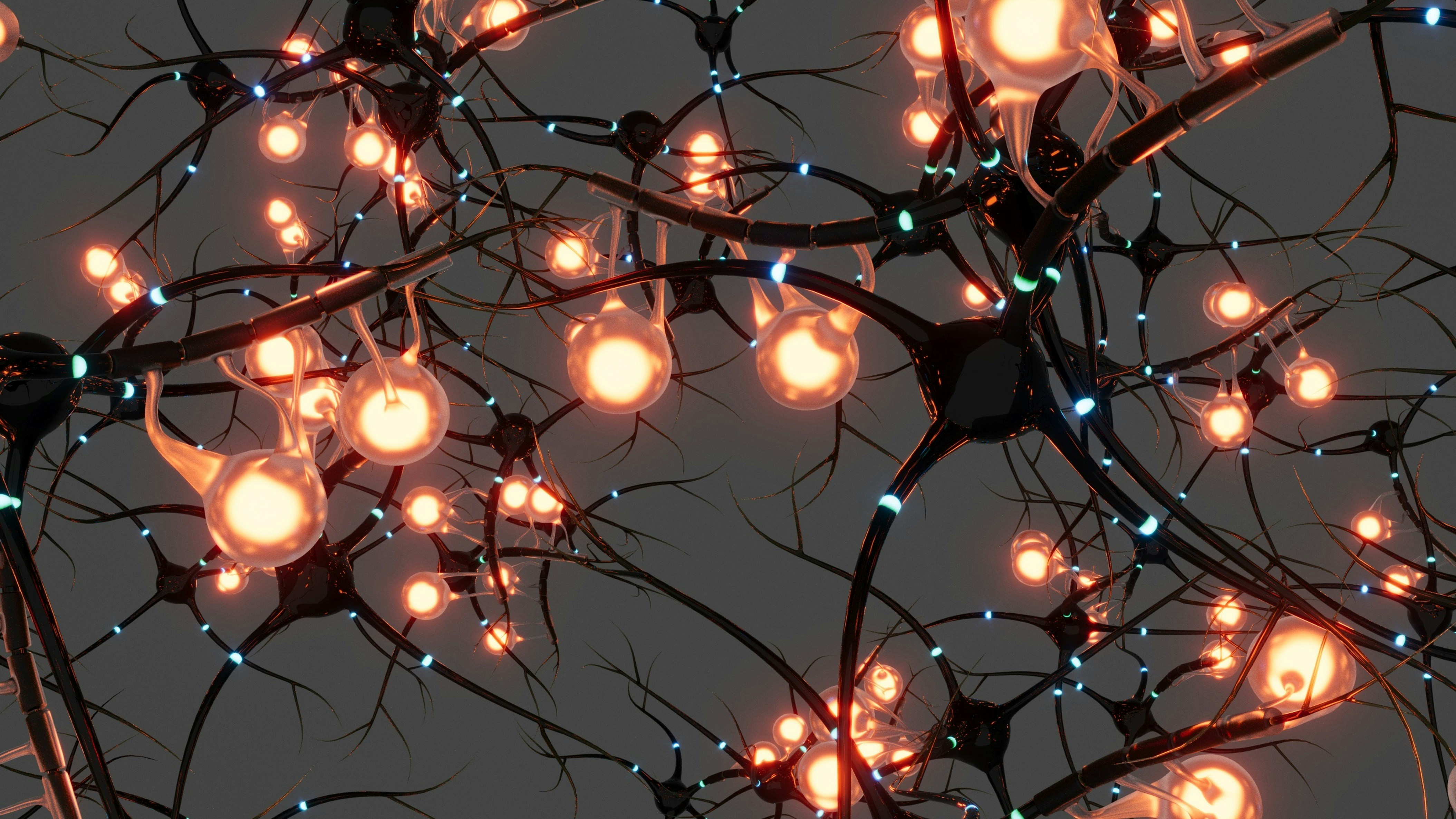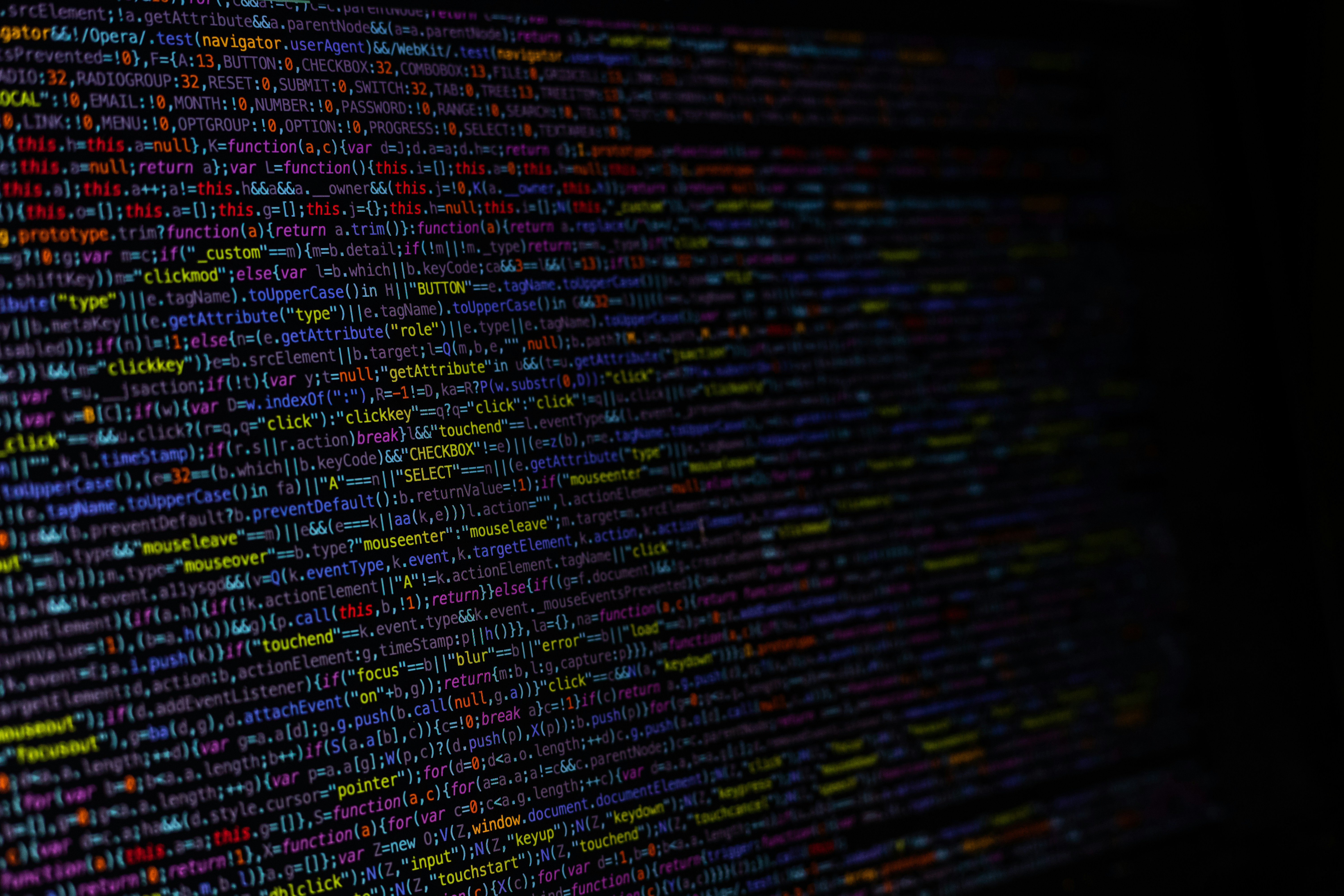Too often we treat coding like a grind: features, deadlines, output.
But even with AI agents doing much of the typing these days, coding remains a craft, a discipline of logic and creation.
It’s an incredible activity in and of itself, a way of thinking and shaping systems.
Beneath the automation there’s still the thrill of solving, making, and mastering complexity.
1. To create — bringing thoughts into reality

Coding is also an act of creation.
Like an artist with paint or a sculptor with clay, we developers craft something from nothing but logic and imagination.
Whether it’s a sleek app, an immersive video game, a generative art project, or the massive algorithm for a tiny feature our users take for granted — programming transforms intangible ideas into tangible systems.
It’s a medium where creativity meets precision. We code because we have visions of how things could be—and coding is the fastest way to make them real.
2. To summon our cognitive powers

Some non-developers don’t realize that programming is something we actually find enjoyable.
Programming stretches and stimulates our minds.
It demands pattern recognition, abstract reasoning, and the ability to hold multiple layers of logic in working memory. Each bug forces us to think deeper.
Each new paradigm—functional, object-oriented, reactive—expands the boundaries of our thought. Coding challenges our cognitive powers in a way few other activities do. It’s not just a job skill; it’s mental training for problem-solving in its purest form.
3. To amplify the power of our thoughts — leverage

We don’t code just for efficiency.
We code because it gives us something almost mythic: the ability to amplify a single person’s power exponentially.
A well-written program can run millions of times, across millions of devices, without ever tiring.
It can become a force multiplier for entire industries or communities.
Through code, we wield something like magic—commands that ripple outward, transforming the world far beyond our immediate reach. This is more than leverage; it’s an engine of exponential influence.
4. To unite logic toward a common objective

Programming is the art of uniting fragments of logic into a coherent whole. Each function, variable, and rule is a small shard of thought.
Alone, they’re inert.
Together, arranged in precise order, they form living systems—machines that act, decide, and respond.
Coding is the discipline of organizing logic, of weaving countless moving parts into a single purposeful flow.
It’s like conducting an orchestra of instructions where every instrument must play in perfect timing to achieve the intended result.
5. To solve real-world problems — Impact at scale

And yes of course, coding is a tool for impact — the biggest reason it became so important.
It turns raw human intention into functioning systems that touch lives. Every payment app, medical algorithm, or disaster-response tool begins as lines of code solving a concrete problem.
We code because we want to influence reality—whether it’s automating a mundane process, reducing human error, or scaling up something that can only exist in digital form.
Through code, a single person can affect thousands, even millions, at once. This isn’t just problem-solving; it’s world-shaping.
We code to solve, to create, to grow, to amplify, and to orchestrate. It’s a blend of imagination, logic, rigor, and ambition. In every program lies a fragment of a person’s mind, extended outward into the machine and, through the machine, into the world.
In the end coding is about more than computers. It’s about us—our drive to understand, to build, to challenge ourselves, and to shape reality itself.
